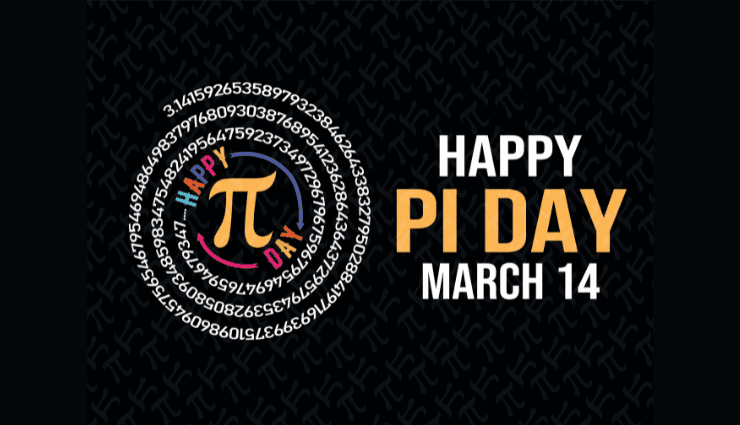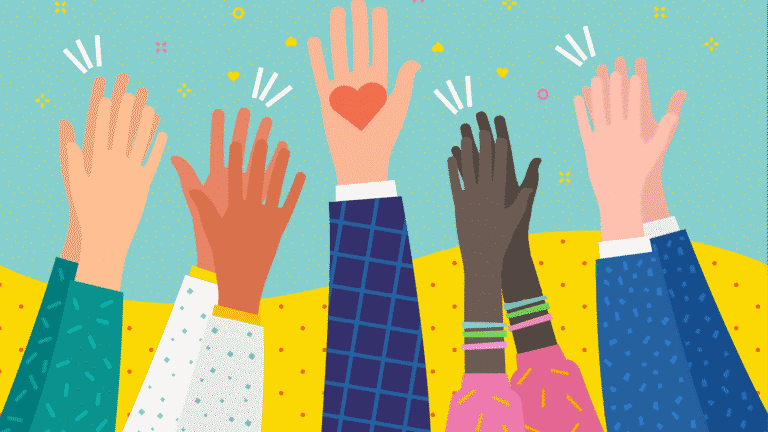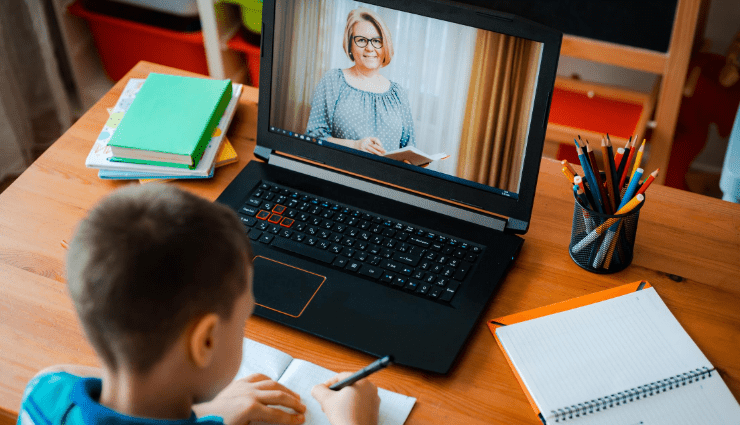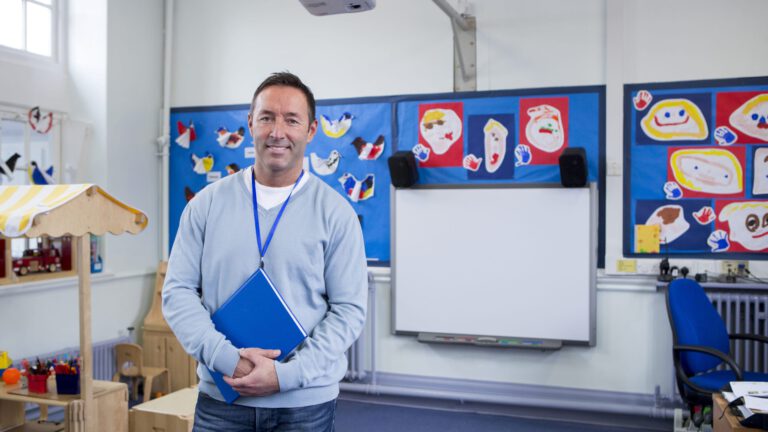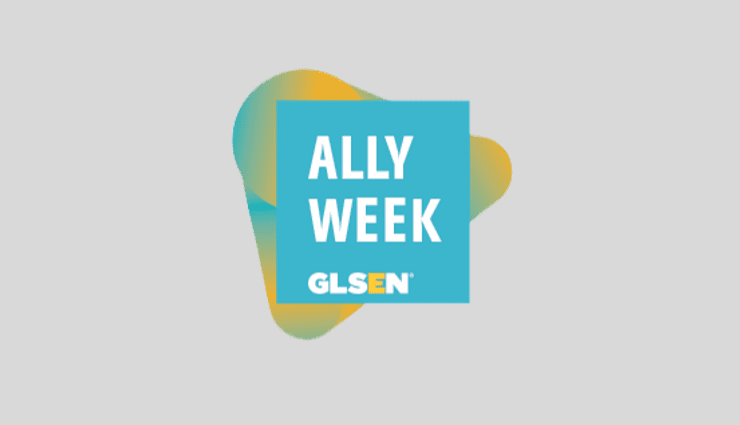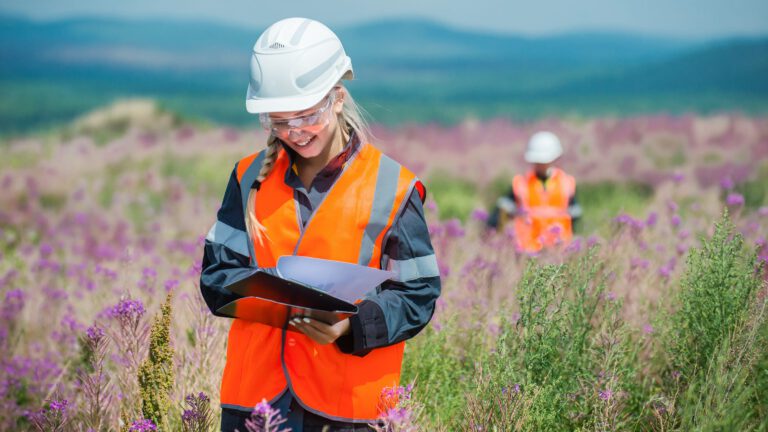Moving Past Our Blind Spots in Diversity
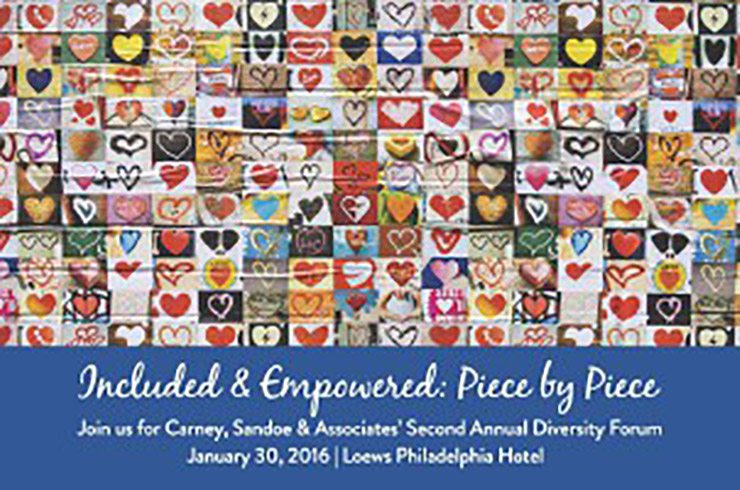
Greetings and happy 2016! The last month of 2015 began with a powerful experience at the People of Color Conference (PoCC) in Tampa, Florida. There are not many conferences that I have missed, as PoCC has always been for me a source of hope and rejuvenation. It is always a great kick start for the upcoming year that provides inspiration to continue the journey. I am always enriched and inspired by old friends, new friends, and the strong voices of the attendees and messages of the keynotes. It is wonderful to be in a space with people who are committed to and value equity and inclusion for all.
I was particularly moved this year by the message of Mahzarin Banaji, who co-authored, with Anthony Greenwald, Blindspot: Hidden Biases of Good People. She spoke passionately about how we can get in our own way when reaching to create and maintain an inclusive workforce. Despite our best efforts, we can find ourselves with outcomes that are not satisfying. In the book, the authors argue that we are generally unaware of our hidden biases. They suggest that our unconscious bias generally favors the privileged group, which serves as an unconscious default setting. I think of this as a safety net. For example, when applying to college, students are asked to consider a few schools as safeties: good options to fall back on if they do not get into the school of choice. A student can be assured of a good education, even though s/he may have preferred to attend another institution.
This analogy makes me think of our quest to deepen faculty diversity. The data would indicate that, despite our best efforts, the number of faculty or administrators of color has not substantially increased over the last 10 years. The question is: could we subconsciously defer to the candidates who feel “safe” to us rather than those who might not be mirror reflections of our personal journeys and experiences, even when we believe we are giving full consideration to all?
We must ask ourselves what individual and collective learning is needed to create schools that are more reflective of the world we live in. Many schools and organizations, including Carney Sandoe, are beginning the work of developing cultural competency skills.
The unconscious mind is very powerful. Banaji and Greenwald would argue that these hidden biases can be overruled. “When it comes to seeking change, the reflective, coconscious side of the brain…that is unique to humankind—is more than capable of doing the work” (p. 70). Can we collectively as schools, firms, and governing boards continue the work of developing our cultural competencies so we can have schools that are truly reflective of the world in which we live? By doing so, we honor each and every student in our schools, respect who they are individually, and give them the privilege of having leaders as role models who reflect ethnic and racial diversity.
Creating diverse communities takes more than the collection and review of resumes. So what can we do to bring awareness to our blind spots and move beyond them? How do we change or shift our default settings?
- We must develop our cultural competencies and increase our awareness of unconscious biases that may factor into the decision-making process.
- Who we are matters to our lens, assumptions, decisions we make, and conclusions we draw. Our personal experiences and worldviews can sometimes limit our sense of judgment and create a framework that might not reflect the type of inclusion we seek.
- We must include those in decision-making positions and other positions of power in developing cultural competency training.
- We must understand how developing these competencies can strengthen academics in school communities. Students develop greater abilities to understand a range of perspectives and experiences beyond their own.
Simply said, “All organizations have a culture that influences their visions, philosophy, and patterns of operation. Their ideology and values are embedded in their routines and actions” (Coleman 2010). Let us all be a reflection of the change we hope to see.
Sherry Coleman is a Senior Search Consultant for Carney, Sandoe & Associates. She is an honorary faculty member at the second annual Diversity Forum on January 30, 2016. If you are interested in attending the conference, there’s still time. Schools, register here. Candidates, register here.

